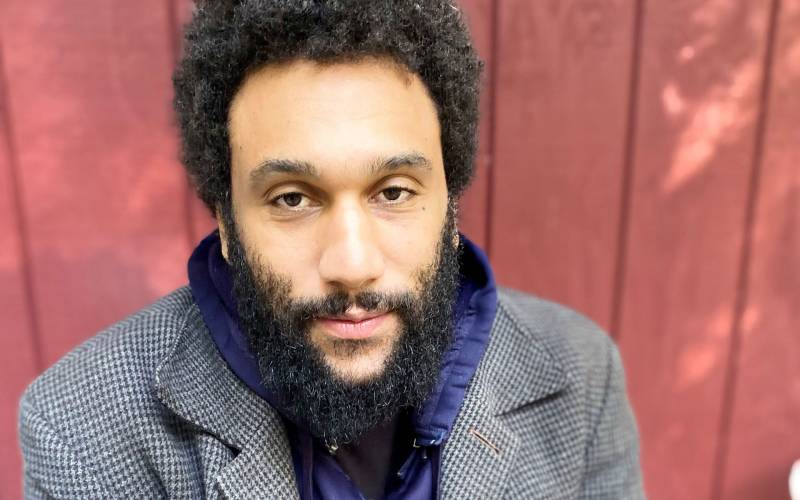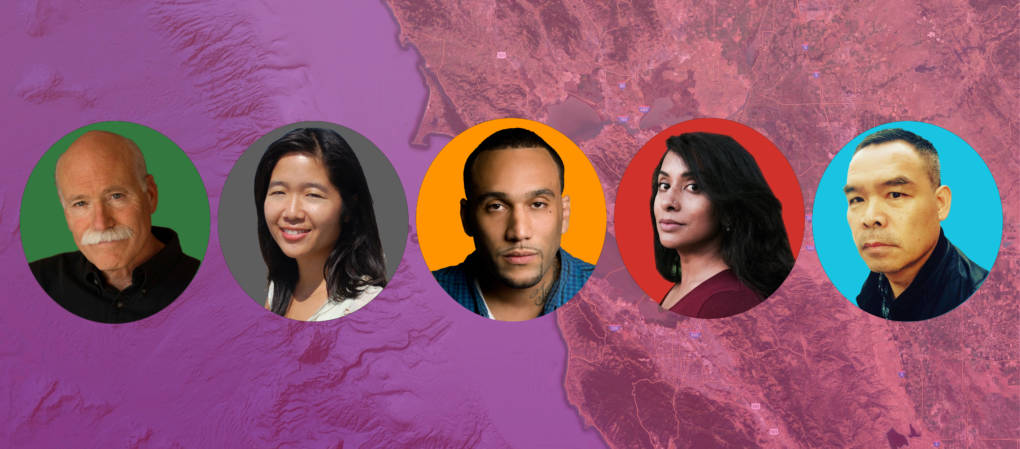I would, but a failing revolutionary. I wouldn’t pat myself on the back yet, until we had movements that are better organized, or organized more around a clear ideology and not just tactic, tactic, tactic.
What’s interesting about resistance is where it exists in the daily self-talk. Now for somebody who wants to stand on the identity of “revolutionary,” daily this is what you think about: “Where am I in relationship to revolutionary change?”
For those who don’t, that’s just not what we’re talking to ourselves about. We’re talking about all kinds of other stuff. No judgment, it’s just reality, that’s not what’s going through your mind.
Now in the summer, what the opportunity was, everybody was defining themselves according to this moment. That’s a huge amount of energy that movement doesn’t ordinarily have access to.
But it’s gone now, right? And it’s gone because there was no solid enough political organization to take that energy and clarify it for people and then give people something to do.
We see this dance and things are only going to get more and more frenetic because capitalism is in crisis, because climate catastrophe is only going to get more and more dramatic.
Revolutionary energy is not just a spontaneous reaction to dramatic conditions. We see how this kind of modern psyche will just adjust itself, will adjust its individualism, to whatever. We’re addicted to it. So it’s time to Black Panther up again. That’s really where transformation comes from.
Right. So what is your vision for yourself in this role?
There are so many beautiful artists, educators, curators, organizations [in San Francisco]. The art landscape of San Francisco is not missing anything — except maybe missing the people, because so many are gone. [laughing] You know, we might have to do some San Francisco extension workshops in Antioch or something like that.
What I want to add to the landscape or just support: I want workshops. Poetry programs that do center social analysis. Yes, we want to build insight into what language can do. But at the same time, the vehicle is insight into the content that language is exploring. I’ll work with anybody, anywhere, any any age. I love youth programming, but I think the whole village should get the opportunity to develop themselves in craft too.
Along those lines, how do you see poetry becoming more integrated into the community?
I love the prospects of the neighborhood libraries becoming centers of this almost political education. Really, I guess moving the poetry scene back into the proletariat a little bit.
This kind of “high art” really is a mass effort. It’s definitely a product of a mass effort. I did not get these poems, they did not cost me tens of thousands of dollars. You know, my poetry was developed in the trenches of mass culture. And so I want to bring it home.






